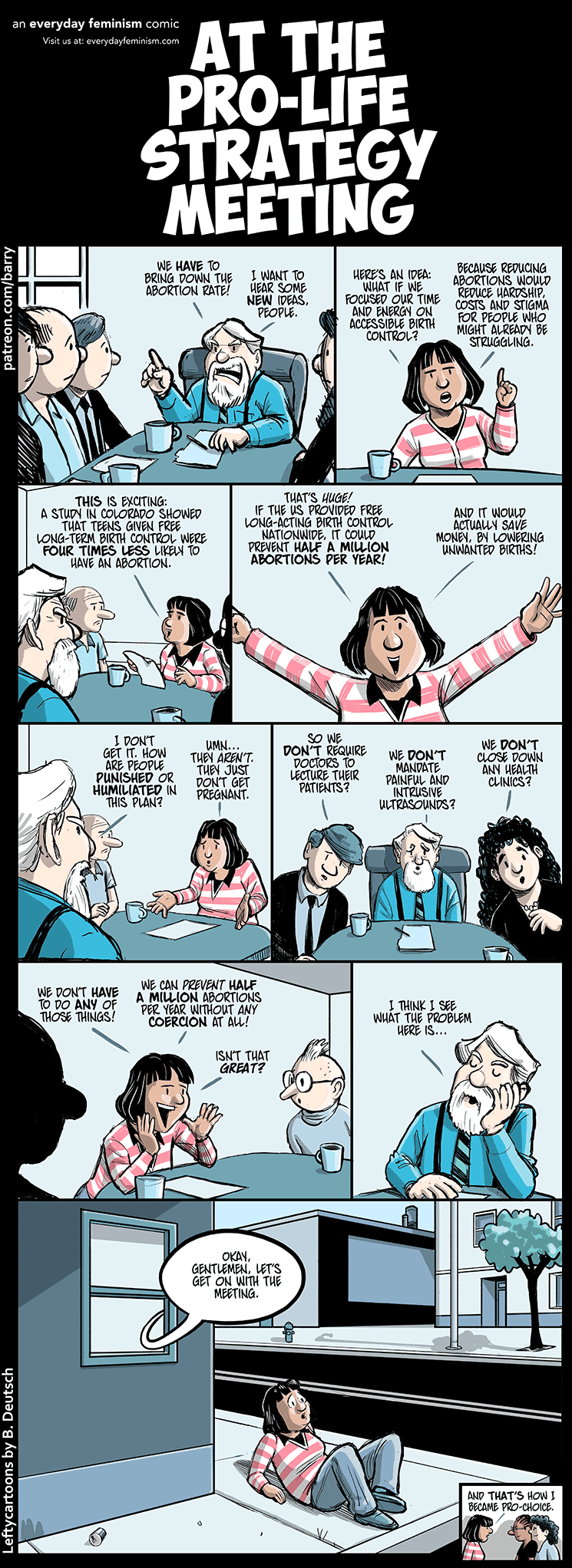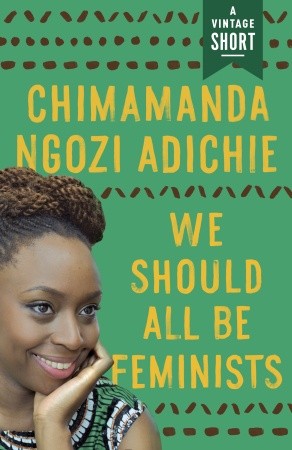I've come across a few interesting articles on body size and body positivity in the last few days.
On Everyday Feminism, Suzannah Weiss discusses some of the
negative impact of the body positivity movement. She discusses how promoting ideas of "love your body" and "real women have curves" the body positive movement is doing a disservice to women. There can be strength in body hatred and strength in recognizing the misogynistic views that are placed on female bodies. Promoting loving your body no matter what devalues women's real, lived experience.
Likewise, describing "real women" as having curves or enough weight for a man to hold merely shifts the "ideal" body from skinny to curvy. Most women will never fit the ideal without severe body modification (lipo to be skinny; implants to be curvy). And sadly, the message remains that a woman's body is for the pleasure of men. Women are encouraged to still view their bodies objectively from the outside and compare it to a standard that would make men happy.
To me, the problem with the body positivity movement is that it is still focused strongly on how the body looks. Women are taught from infancy that their appearance is their value. Women lose connection with their body by dieting, disordered eating, and extreme exercise. Women avoid their bodies and fail to listen to their bodies. Body positivity needs to focus more on the strength within our bodies - how our bodies can carry us throughout the day, how our bodies can produce movement and athleticism, or art and music, or literature and solve equations. We need more body subjectivity and less body objectivity.
On Bust, an author discusses the
need for women to be honest with each other about our bodies. Specifically, we need to recognize that the experiences of fat women are different than the experiences of non-fat women. Our intersectionality has become more skilled at recognizing differing experiences of women based on race, but we are often still blind to differing experiences based on body size. The author of this article highlights some of her experiences.
Being overweight, fat, or obese is still considered a stigma. As a society, we look down on people with stigma. To many, it is still acceptable to make fun of, sneer at, judge, and ridicule people, especially women, who are fat. And as the author points out, even if we aren't directly ridiculing our fat friend, when we complain about our own body and how it isn't good enough or thin enough, we are indirectly ridiculing our friend. We can't dislike the extra 10 lbs we need to lose without implying to our fat friend that her body type is bad and disliked. And as the author states, it is even worse to then turn around to our fat friend and say "but you're beautiful." That's directly lying to their face.
Body size and body shape is a difficult issue. We've been brainwashed for too long that there is one ideal, skinny, white standard, and everything falling short of this standard is not beautiful. Moreover, the farther it diverts from the standard the more ugly it is. Body positivity needs to be not just loving (or at least accepting) our own bodies, but also celebrating and admiring the diversity of bodies in the world. Large, small, thin, fat, dark, light, round, straight, curvy, abled, disabled. We need to adopt a view that all bodies are beautiful - no standards, no ideals.






